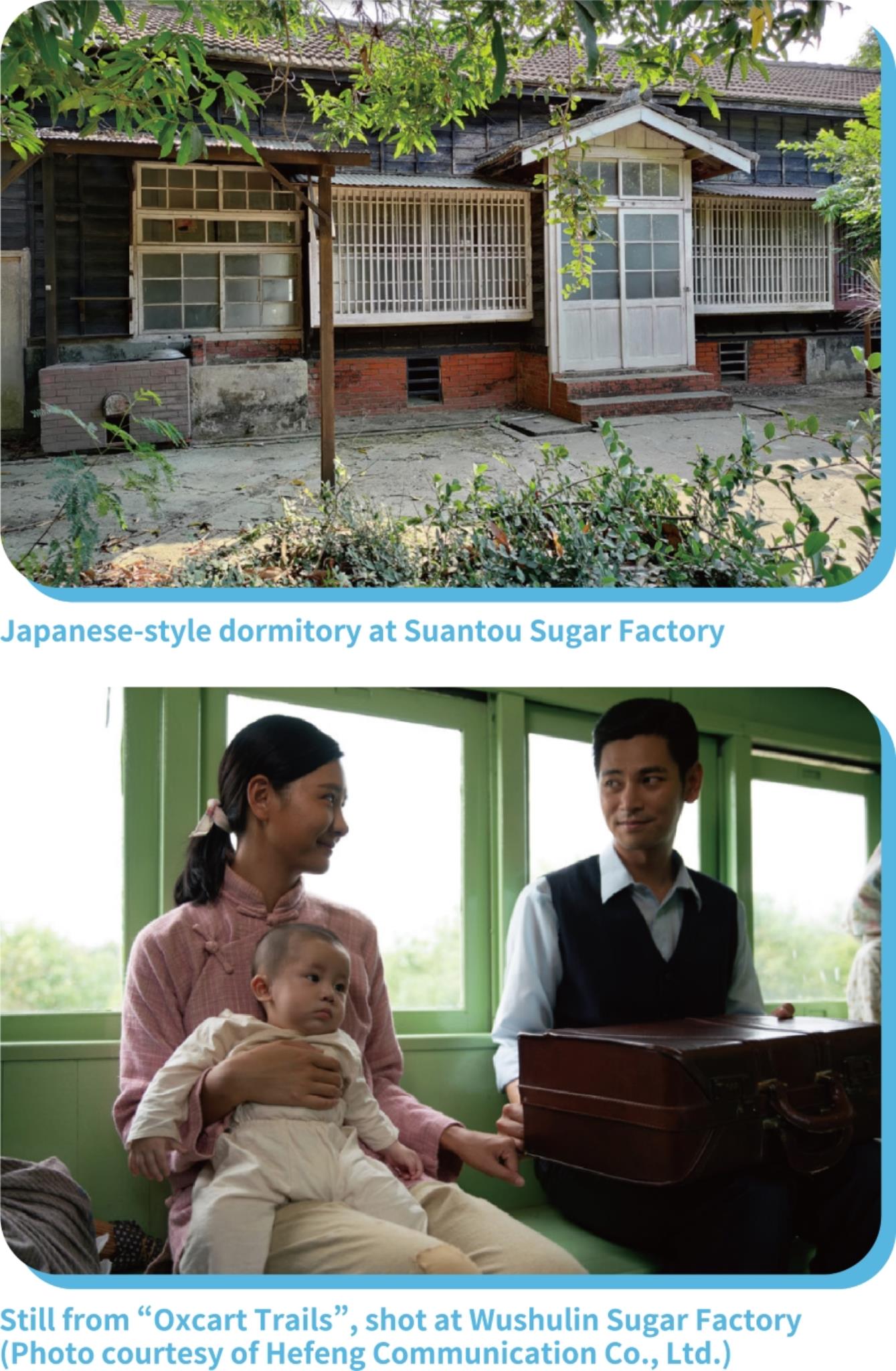In recent years, Taiwanese dramas have enjoyed a very good reputation, triggering a wave of drama-chasing craze, and the filming locations of these dramas have also become the favorites of drama fans, who then travel to those places, boosting local tourism. "Someday or One Day", " The Making of an Ordinary Woman", " U Motherbaker", and " Gold Leaf" are all examples. Based on this wave of craze, Taiwan Sugar Corporation announced 24 scenic spots in August 2023, welcoming film and television industry practitioners to come to various sugar factories for filming. This move not only demonstrates our social responsibility, but also provides unique and rich shooting scenes for Taiwan's film and television production.
The development of Taiwan's sugar industry can be traced back to the Dutch rule period. Then it passed through the Qing Dynasty and Japanese rule period, reaching significant growth after the Nationalist government came to Taiwan. With the change of the times, many sugar factories stopped production, but their unique architectural style, machinery and equipment and surrounding environment are preserved, becoming a precious industrial cultural heritage. From Japanese-style architecture, Japanese-Western eclectic architecture, tropical colonial style architecture to modern architecture of the postwar period, TSC’s venues cover the architectural features of multiple periods to meet the needs of works with backgrounds in different eras. Moreover, many TSC bases cover a vast area and have rich natural resources, such as sugarcane farms, flat land afforestation, reservoirs, etc., which provide an excellent shooting environment for natural themes or works that require beautiful exteriors.
Most of TSC’s 24 filming locations are important sites that preserve the development of Taiwan's sugar industry, witnessing Taiwan's transformation from an agricultural society to industrialization. Their rich historical atmosphere provides a credible background for historical dramas and nostalgic themes. Compared with filming in cities or other commercial places, the site rental provided by TSC is more reasonable, which can help producers control costs.
In general, opening the sugar factory to film and TV companies for shooting is not only an important attempt for Taiwan Sugar Corporation, but also opens up new possibilities for Taiwan's film and television industry and tourism industry. As more and more excellent works are produced in these scenes full of history and unique charm, we have reasons to believe that Taiwan Sugar Corporation will become an important driving force to Taiwan's film and television industry.





